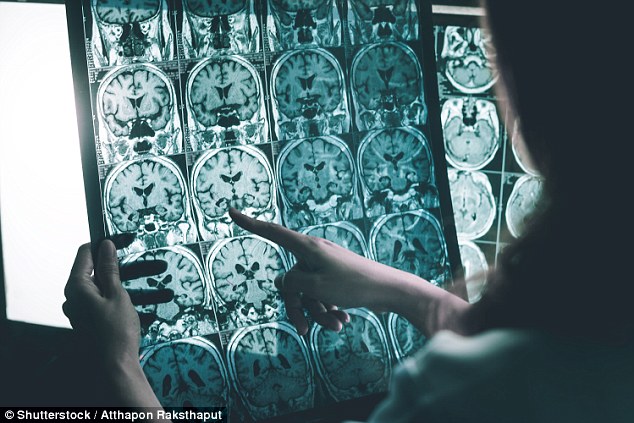Nature Knows and Psionic Success
God provides
Scientists discover sticking brain cells together with a glue-like molecule could boost memory and even protect against Alzheimer’s

Sticking brain cells together with a glue-like substance could boost memory and protect against Alzheimer’s, scientists hope. Tests on mice with a newly created molecule suggests the out-of-the-box concept works. But trials have yet to take place on humans. Neuroscientists have branded the idea ‘clever’, as they work round-the-clock to unearth new ways of protecting against Alzheimer’s. Estimates suggest 500,000 patients in the UK and 5.5 million in the US are battling the most common form of dementia. Currently there is no cure. But drugs can slow down its progression and the earlier it is spotted, the more effective treatment is. Estimates suggest 500,000 patients in the UK and 5.5 million in the US are battling the most common form of dementia Estimates suggest 500,000 patients in the UK and 5.5 million in the US are battling the most common form of dementia German researchers tested the new molecule, in hope of uncovering a new way of stopping brain cells from being detached from each other. Their promising results were unveiled at a conference in Berlin last month, attended by some of Europe’s leading neuroscientists. The molecule they created, named CPTX, protects vital connections between brain cells that transport signals, called synapses. Alzheimer’s patients gradually lose synapses, the junction between neurons, which evidence suggests worsens their memory. Professor John Aggleton, a neuroscientist at Cardiff University, told NewScientist : ‘It is very clever and has a natural logic to it.’ But he warned promising results on mice are rarely replicated in humans, when it comes to trialing drugs and treatments. Researchers at the German Center for Neurodegenerative Diseases in Magdeburg trialled CPTX on mice engineered to have similar symptoms to Alzheimer’s. Rodents that received the chemical performed better on memory tests – such as having to recognise a new object, […]
Click here to view full article
